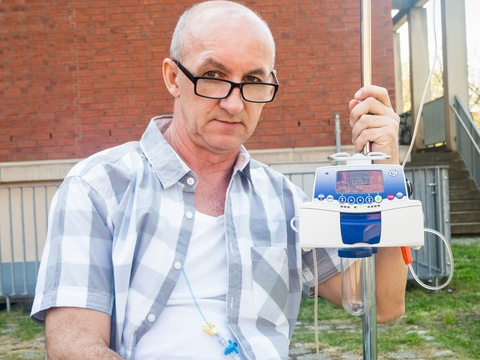Cancer Biomarker Test Could Detect Mesothelioma Earlier
A new cancer biomarker test that promises to identify cancer in patients with “non-specific symptoms” could be the key to detecting mesothelioma earlier. Malignant mesothelioma is a deadly cancer caused by asbestos. The early symptoms of mesothelioma are usually vague and similar to other conditions. As a result, mesothelioma is frequently diagnosed in a late stage. But a cancer biomarker test developed in the UK could change that. The test looks for small molecules called metabolites in the blood. Its developers say it has the potential to find cancer earlier than other blood-based cancer tests. Non-Specific Symptoms Make Mesothelioma a Diagnostic Challenge Mesothelioma is a rare cancer. It is most common in people who worked or lived around asbestos in…









